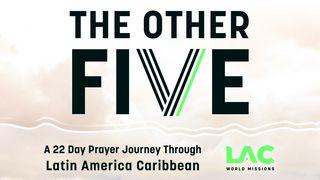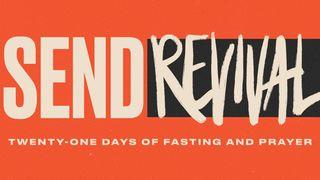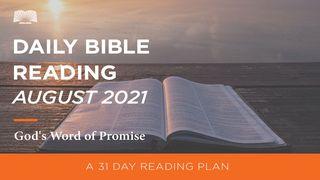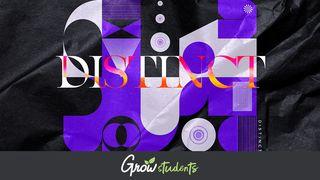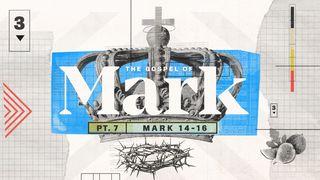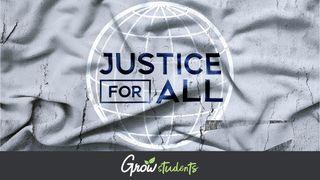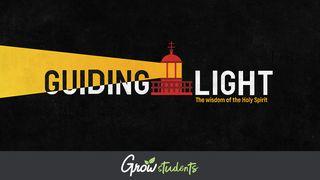Doing Theology From BelowSample
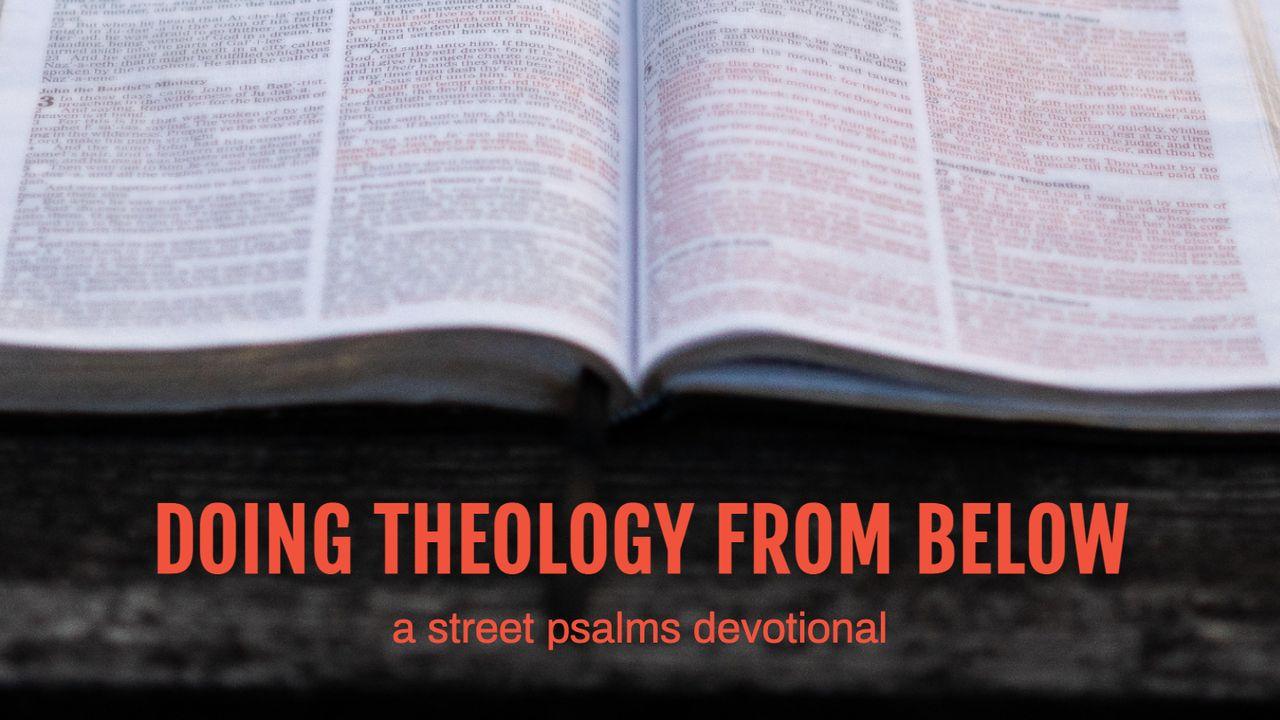

Introduction
In The Message translation, John 1:14 says, “The Word became flesh and blood and moved into the neighborhood.”
What a beautiful description of the incarnation. The mystery of Jesus becoming human, of the “Word made Flesh” is indeed a revelation, a dawning of light “for those walking in darkness.” But what is being revealed, and what has arrived? Certainly not the invention of some new reality as if God has been absent among us and now has shown up. The Incarnation is not so much about the relocation of God as it is about the relocation of humanity’s understanding of God. The Incarnation is calling us to something that was always there but we couldn’t see.
This series of reflections, inspired by and rooted in the incarnation, is called “Doing Theology from Below.” In it, we try to apply that relocation of understanding by looking at the text not “to”, not “for”, but “with” those we are called to love and serve and to do so with Jesus as our rabbi.
It reminds us that Scripture is a public document and not a private devotional - that reading Scripture is and always has been a public exercise. Doing theology from below recovers the communal nature of the text and what it means to be human.
Doing Theology from Below is also about context. It’s been said, “Text without context is pretext.” Scripture comes from a context and speaks to a context. Doing theology from below invites us to engage both – then and now – letting wildly diverse contexts speak with each other. In this case, we practice reading Scripture with urban eyes, rooted firmly in the cities we serve, with the most vulnerable.
Finally, doing Theology from Below is exactly what it sounds like. It means resisting the temptation to read the text from “above” from a place of privilege and power. It is helpful to remember that nearly all of Scripture was written by a community under severe oppression, under the threat of exile and annihilation. Let’s be honest, most of us have been taught to read the text through old, dead white men who studied the text in the context of great privilege and power. When we read the text through their eyes, it can read very differently than when we read it through the eyes of those who live at the margins.
Doing Theology from Below pays more attention to how we read the text and with whom, than it does in trying to nail down “what” the text says. We know from experience that we can pretty much get the text to say anything we want. Scripture has been used to justify every imaginable atrocity as well as to dismantle those same atrocities. That is why when doing theology from below, we are not leading with the question, What does the text say? Instead, we lead with the question, "'Through whose eyes do we read the text?"
There are huge advantages to this shift.
First, It recognizes that we all have lenses that we bring to the text and keeps us honest about the ones we bring.
Second, it relaxes the temptation to “power up, ”and compete for the “right” answer.
Third, it makes engaging the text fun again. It becomes a playful exercise, full of surprises and discoveries that are wildly liberating.
In Scripture’s final vision of reality, we are reminded again of the great reversal of the Incarnation: “See the home of God is among mortals. He will dwell with them as their God” (Revelation. 21:3). This is the mystery of the Incarnation. In Christ, heaven has always been coming to earth. In Christ, God has always dwelt among us as one who is perfectly suited to the land that we find so strange.
So as we begin, take some time to reflect on the mystery of the Incarnation. The Word became flesh and blood and moved into the neighborhood. How does this miracle relocate your own understanding of God?
Scripture
About this Plan

Hello and Welcome to a series of reflections called “Doing Theology from below.” These reflections are designed for those who want to explore a way of reading Scripture that is liberating, especially in vulnerable urban communities. Doing Theology from Below is learning how to read the text not “to” not “for” but “with” those we are called to love and serve and to do so with Jesus as our rabbi.
More
We would like to thank Street Psalms for providing this plan. For more information, please visit: https://streetpsalms.org/ourwork/you-version/
